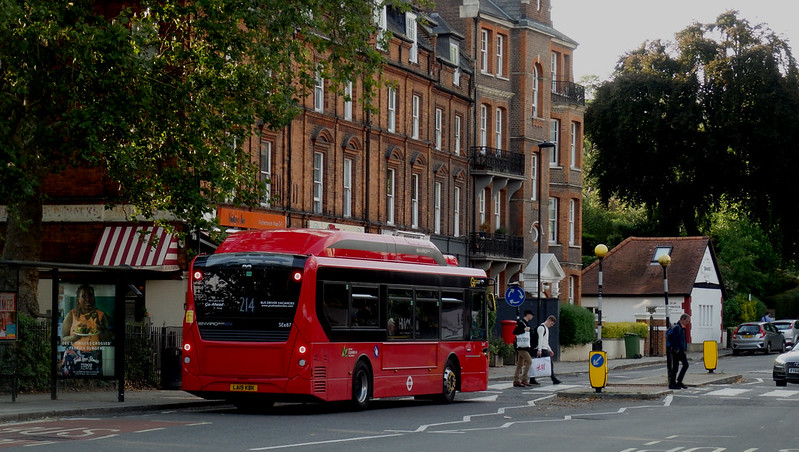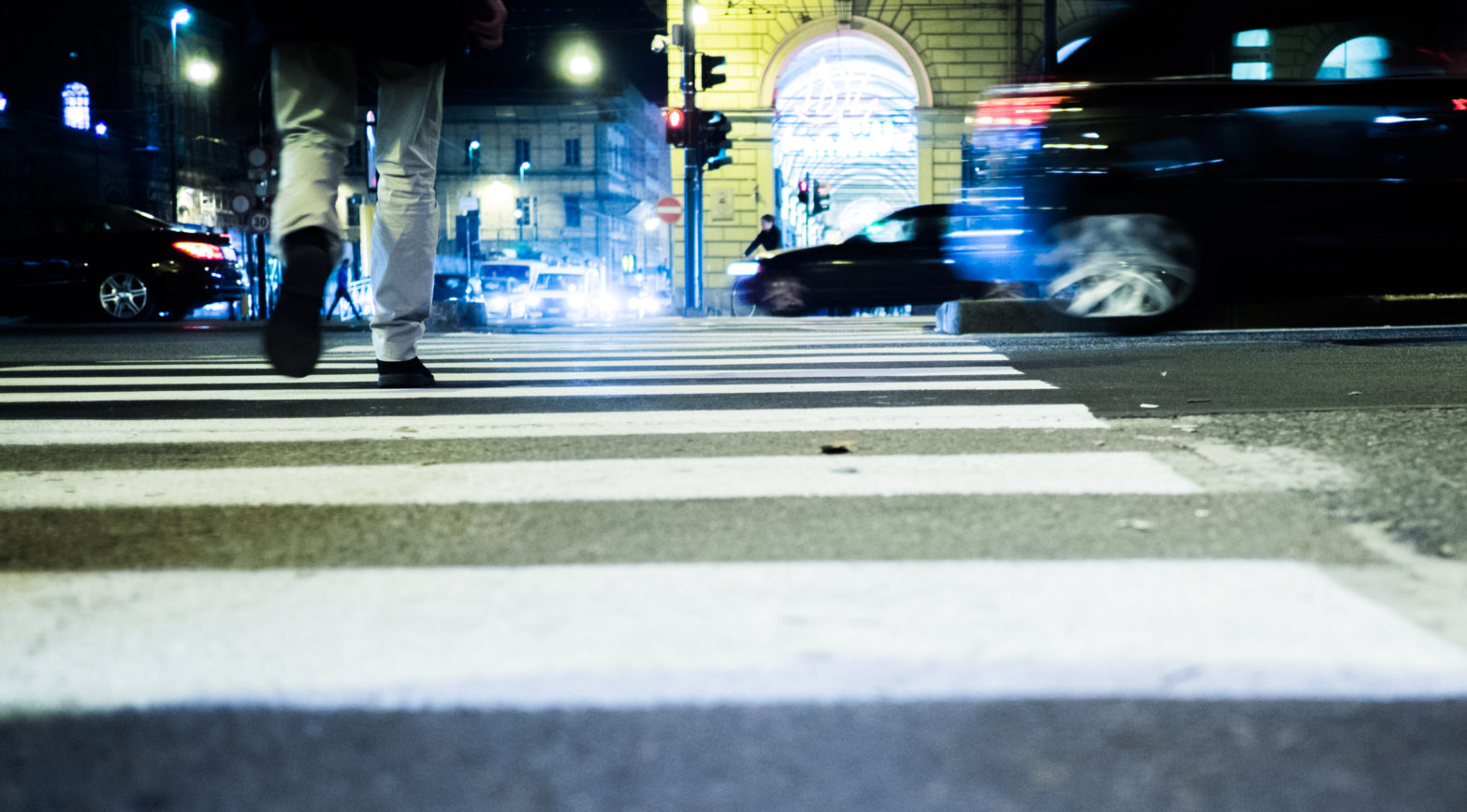
Photo: Julian Walker (Flickr)
London’s Ultra Low Emissions Zone expanded
26 October 2021
by Christopher Carey
London Mayor Sadiq Khan has announced an expansion of the city’s Ultra Low Emission Zone (ULEZ), with drivers facing a £12.50 (US$17.20) charge if their vehicle does not comply with minimum emissions standards.
The newly expanded zone is 18 times larger than before, covering a quarter of the city and 3.8 million residents.
“This is a landmark day for our city,” said Mayor Khan.
“I pledged to be the greenest Mayor that London’s ever had and I am incredibly proud that expanding the Ultra Low Emission Zone today will clean up London’s toxic air pollution and help to tackle the global climate emergency by reducing emissions.
“In central London, the ULEZ has already helped to cut toxic roadside nitrogen dioxide pollution by nearly half and led to reductions that are five times greater than the national average.”
Drivers will incur a £160 fee if they do not pay the charge, although this is reduced to £80 if paid in 14 days.
Alex Williams, Transport for London’s Director of City Planning, said: “The benefits of the larger ULEZ won’t just be felt from day one of its operation.
“Compliance with the tough standards has more than doubled since the Mayor announced the plans, with the result being Londoners breathing cleaner air over the last four years.
“If [drivers] are liable for the charge we would ask them to consider using public transport, or to walk or cycle if possible, and if they need to drive, consider using a car club whose fleets are fully ULEZ-compliant, or switching to the cleanest vehicle.”
Scrappage scheme
A major awareness campaign has been underway over the past three years to ensure that drivers and businesses are ready for the ULEZ expansion, with TfL’s online vehicle checker accessed more than 20 million times since 2018.
Over 80 percent of vehicles are estimated to be compliant, up from 39 percent in February 2017 when the plans for the expansion were first announced. Over a million letters have been sent to owners of non-compliant vehicles prior to the enlargement.
The Mayor has also provided £61 million in funding for grants for small businesses, charities operating minibuses and low-income and disabled Londoners to scrap their older, more polluting vehicles.
To date, these scrappage schemes have helped to remove over 12,000 more polluting vehicles from London’s roads – the biggest of such programmes in the UK.
Jemima Hartshorn, Founder of air quality campaign group Mums for Lungs, said the expansion will mean “millions of people breathe cleaner air”.
“We applaud the Mayor of London for his leadership, but also urge him to continue taking bold action because even with this scheme London will remain unhealthily polluted,” Hartshorn added.
Mobility credits
To coincide with the ULEZ expansion, micromobility firm Lime has announced it will offer £1,250 in mobility credits to residents who can prove they have scrapped their non-ULEZ compliant vehicle between 25 October and 1 November.
To be eligible, applicants must reside in one of the firm’s service areas, and can use the credits on Lime’s e-scooters and e-bikes.
The initiative is intended to supplement the Mayor of London’s existing scrappage scheme, and the firm says it will also offer ‘snap discounts’ on journeys on days when air quality is forecast to be poor.
Alan Clarke, Senior Director of Policy for Northern Europe at Lime, said: “Lime loves London and we’re proud to be helping to create a cleaner, zero-emission capital.
“Our scrappage schemes and discounted rides are designed to show Londoners the benefits of sustainable travel and demonstrate you can get wherever you need to go safely and conveniently whilst leaving the car at home.”
Despite improvements between 2016 and 2019, a study by researchers from Imperial College London found that London’s toxic air contributed to the deaths of more than 4,000 Londoners in 2019.
The greatest number of deaths attributable to air pollution were in outer London boroughs, mainly due to the higher proportion of elderly people in these areas, who are more vulnerable to the impacts of air pollution.
Image: Julian Walker (Flickr)








